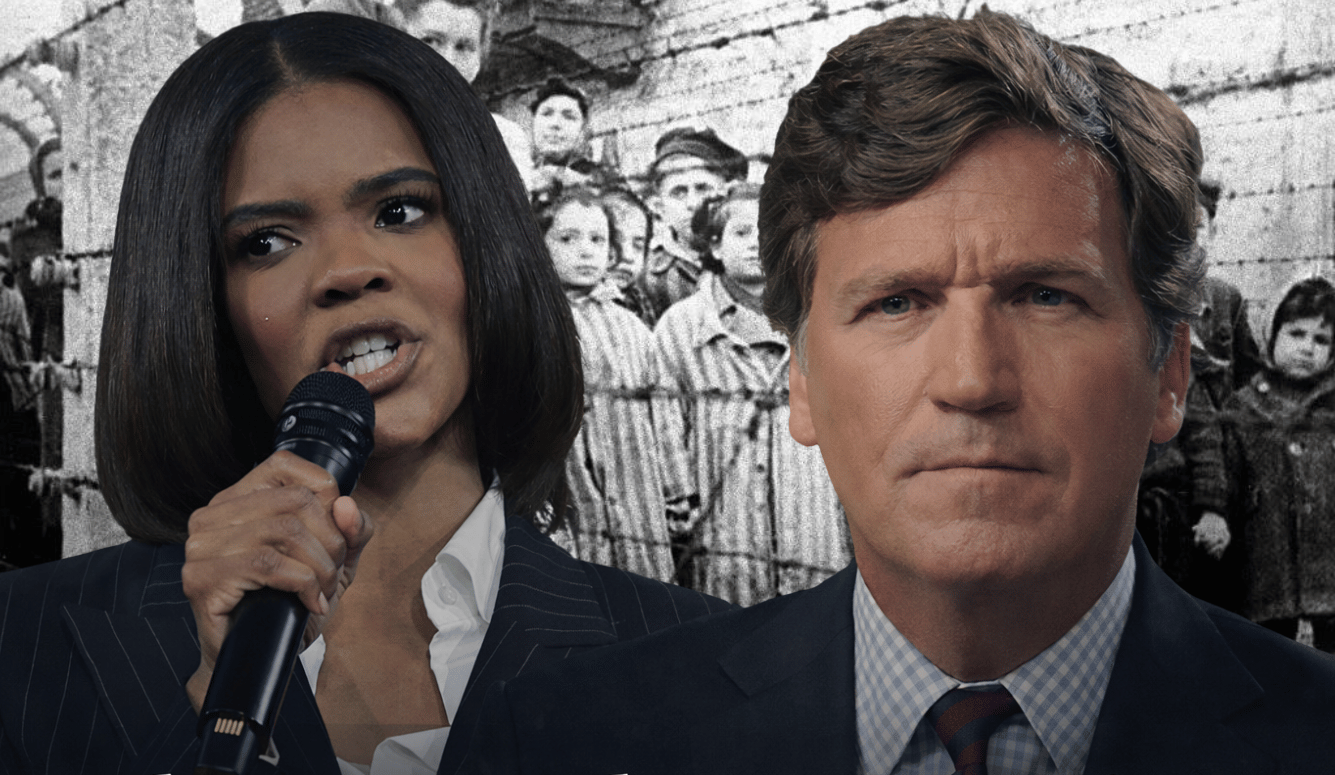Free Speech
Why Free Speech Matters
What’s at stake if both the legal protection and cultural environment sustaining free speech continues to deteriorate?
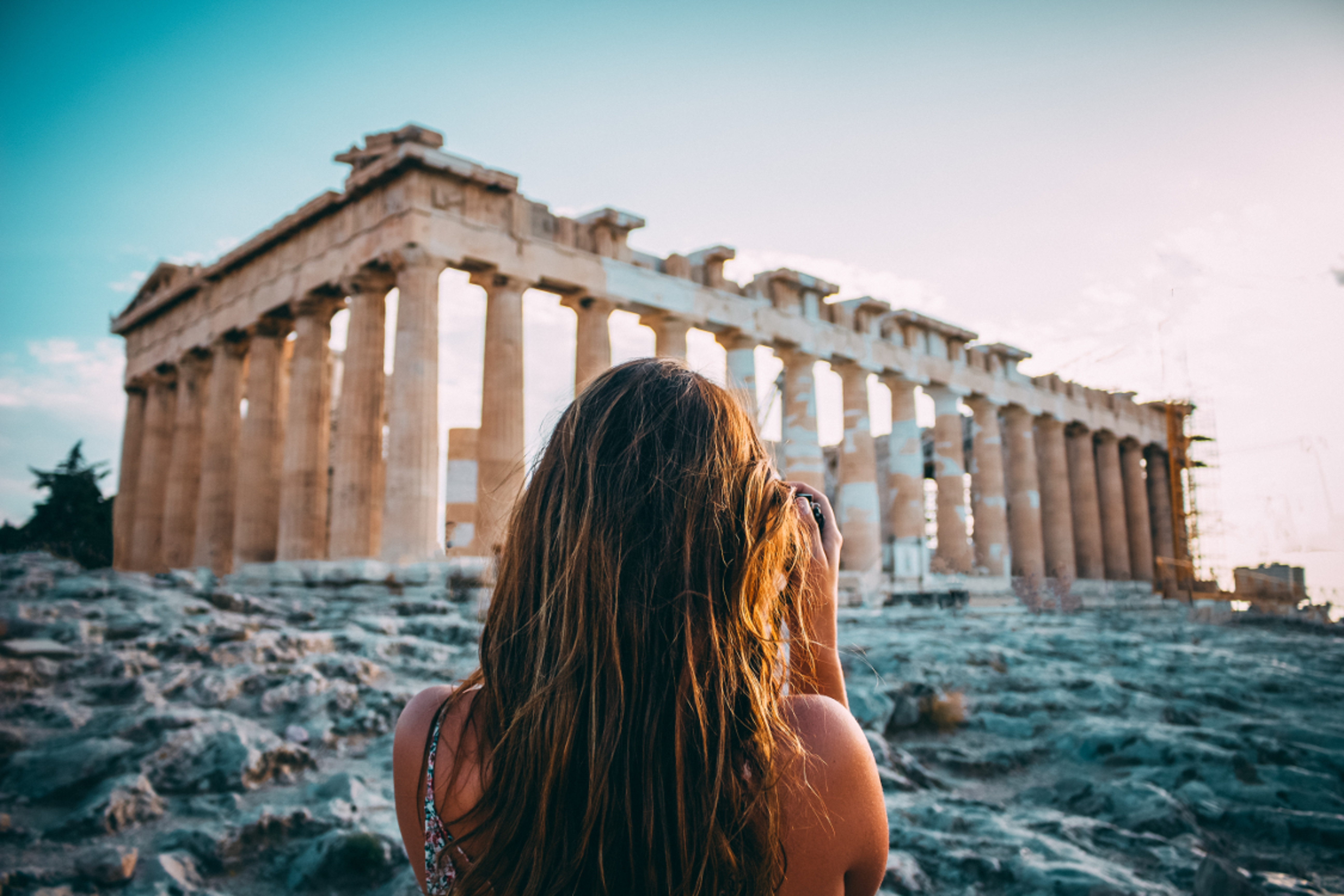
From 1980 – 2003 the number of countries with a free press grew from 51 to 78. This increase was also proportionately significant. In 1980 34% of the world’s then 161 countries had a free press. In 2003 41% of the world’s 193 countries had newspapers free to criticize their own governments and inform their citizens without censorship. Those of us growing up in that period thought we belonged to a generation that could take free speech for granted and see this principle become universally entrenched. But 2004 would mark the beginning of a constant decline in global press freedom lasting until this day.
From the high-water mark in 2003, we’re down to 31% of the world’s countries where journalists don’t have to worry about being imprisoned (262 reporters were behind bars in 2017). Or put differently: Only 13% of the world’s 7.4 billion people enjoy free speech. 45% live in countries where censorship is the norm. Venezuela, Russia, and Turkey are among the worst offenders. But In liberal democracies, free speech has also become a sometimes toxic issue. The President of the United States has consistently called for stricter laws against libel targeted at the “fake news media” which is “the enemy of the people”.
So much Fake News is being reported. They don’t even try to get it right, or correct it when they are wrong. They promote the Fake Book of a mentally deranged author, who knowingly writes false information. The Mainstream Media is crazed that WE won the election!
— Donald J. Trump (@realDonaldTrump) January 13, 2018
Trump’s anti-media rhetoric is sometimes difficult to distinguish from the rants that former Venezuelan president Hugo Chavez specialized in. Trump’s censorious tendencies have led some to see German Chancellor Angela Merkel as the real “leader of the free world”. But Germany is no safe haven for free speech. Merkel’s government has adopted a draconian and arbitrary law against “illegal content” on social media which has seen both political speech and satire removed by Twitter. So illiberal is the law that members of Putin’s United Russia party essentially copy and pasted it and proposed their own version last summer.
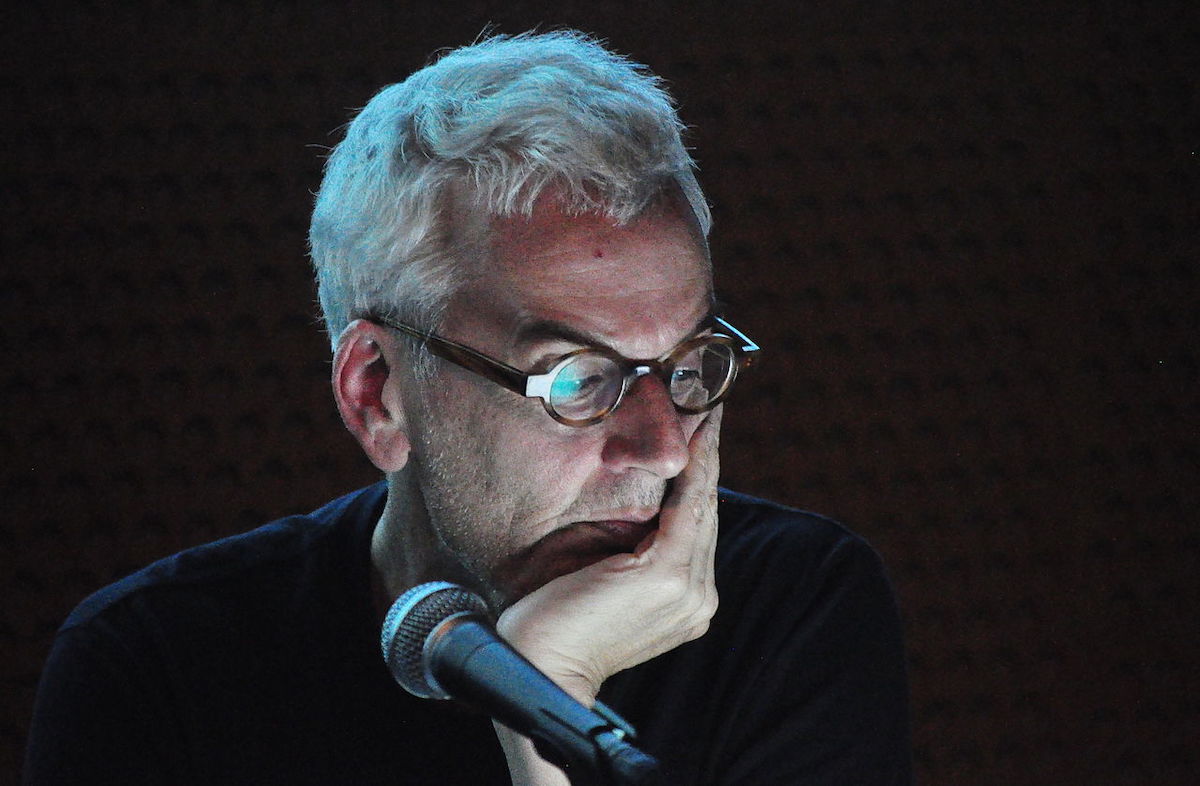
Among citizens of democracies, free speech has become tribal. Ideologically driven camps uncompromisingly insist on free speech when it suits their agenda only to deny its relevance when exercised by their opponents. Advancing free speech as a fundamental value on a principled basis has become rare.
This begs the question: what’s at stake if both the legal protection and cultural environment sustaining free speech continues to deteriorate? The first chapter in the early history of free speech might provide important insights into the relationship between free speech, democracy, and violence.
The Athenian democracy from 507-322 BC had free speech built into its very DNA. But free speech was an inherent part of the political system and culture, not an individual human right protecting you against the state. The Athenians had two overlapping but separate concepts of free speech. The first is called “isegoria” which may be translated as “equality of speech”. The second concept is “parrhesia” or “uninhibited” speech. Isegoria would be exercised in the assembly – the heart of Athen’s direct and egalitarian democracy – where citizens met to propose, debate and adopt laws.
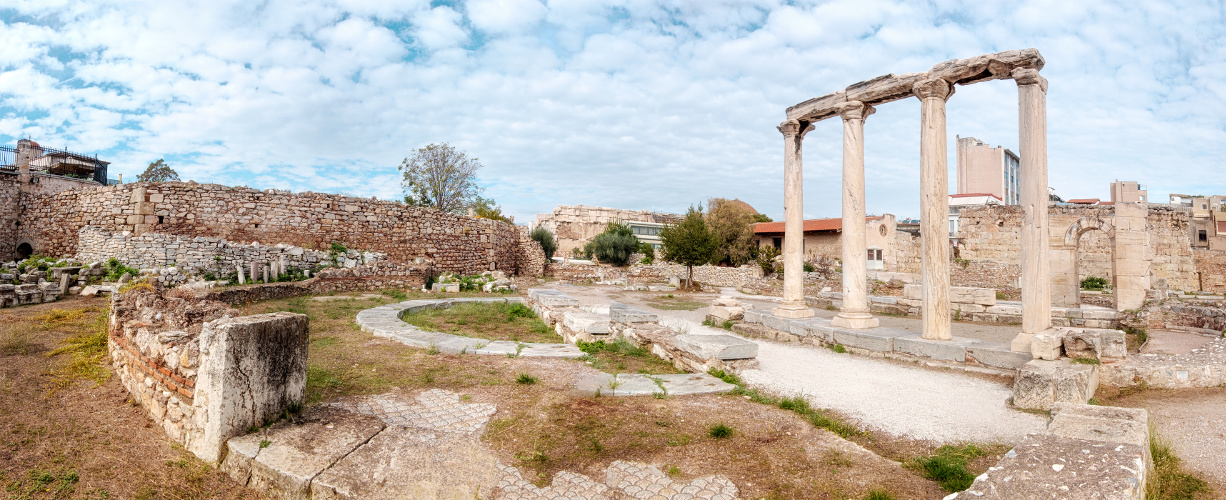
The eminent Athenian statesman Pericles gave a famous funeral oration that shows the intimate relationship between democracy and equality of speech, he said: “Our constitution is called a democracy because power is in the hands not of a minority but of the whole people” and “We Athenians… take our decisions on policy or submit them to proper discussions…the worst thing is to rush into action before the consequences have been properly debated.”
Parrhesia would be exercised by writers of comedy and tragedy, philosophers and ordinary people. In his comedies, Aristophanes would troll the high and mighty and poke fun at the Gods. The two rockstars of Western philosophy Plato and Aristotle set up academies where they publicly criticized and scrutinized the very democracy that allowed them to philosophize freely.
But free speech and democracy were not universally approved. Twice the Athenian democracy was overthrown by oligarchic regimes. On both occasions, free speech fell by the wayside. In 415 BC the Athenians embarked on a disastrous expedition to conquer Syracuse in Sicily where they lost most of their navy and infantry. Athenians started panicking and blaming democracy for the outcome. In 411 BC a group of oligarchs called the Four Hundred saw their chance to finally establish rule by “the best and wisest” and purge the lower classes from power. Leading democratic leaders were assassinated and the democratic institutions were intimidated into serving as the mouthpiece of the schemers. The 5th Century BC Athenian Historian Thucydides wrote a chilling account that really brings to life how the conspirators gained control over the democratic institutions of Athens and how this affected the proudly democratic Athenians:
Fear, and the sight of the numbers of the conspirators, closed the mouths of the rest; or if any ventured to rise in opposition, he was presently put to death in some convenient way…the people remained motionless, being so thoroughly cowed that men thought themselves lucky to escape violence, even when they held their tongues.
So intimidated were the Athenians that the assembly even voted unanimously to abolish most of its own powers and adopt a new oligarchic constitution.
The democratic spirit was still strong with the Athenians and democracy was eventually reinstated.
But in 405 BC the Athenians lost the Peloponnesian War against their arch enemies in Sparta. The Spartans abolished democracy and instituted The Rule of the Thirty Tyrants which soon developed into a bloody dictatorship. As many as 1,500 Athenian citizens were killed in the anti-democratic purge, others were banished or fled. The leader of the Thirty was Critias. He made it perfectly clear why he was unleashing death squads on those who defiantly insisted that the Periclean values of egalitarian and deliberative democracy prevail. In a brutally honest speech Critias laid down the law:
It is inevitable that those who are changing the government here to an oligarchy should have most numerous enemies…because the common folk have been bred and reared in a condition of freedom for the longest time…And if we find anyone opposed to the oligarchy, so far as we have the power we put him out of the way.
Amazingly the Athenian democracy was once again reinstated when the Tyrants were defeated. But the experience of democratic breakdown and violence made the Athenians suspicious in the protection of their democracy. And so they turned on their most prolific practitioner of parrhesia: Socrates. For decades he had subjected leading Athenians to humiliating intellectual stripteases with no apparent consequences. But he was also critical of democracy, had close relations with some of the leaders of the coups – including Critias – and seemed to proselytize his own religion. In this environment, Socrates was seen as a corrosive influence jeopardizing the democracy and the values that sustained it. Athenian free speech had reached its limits.
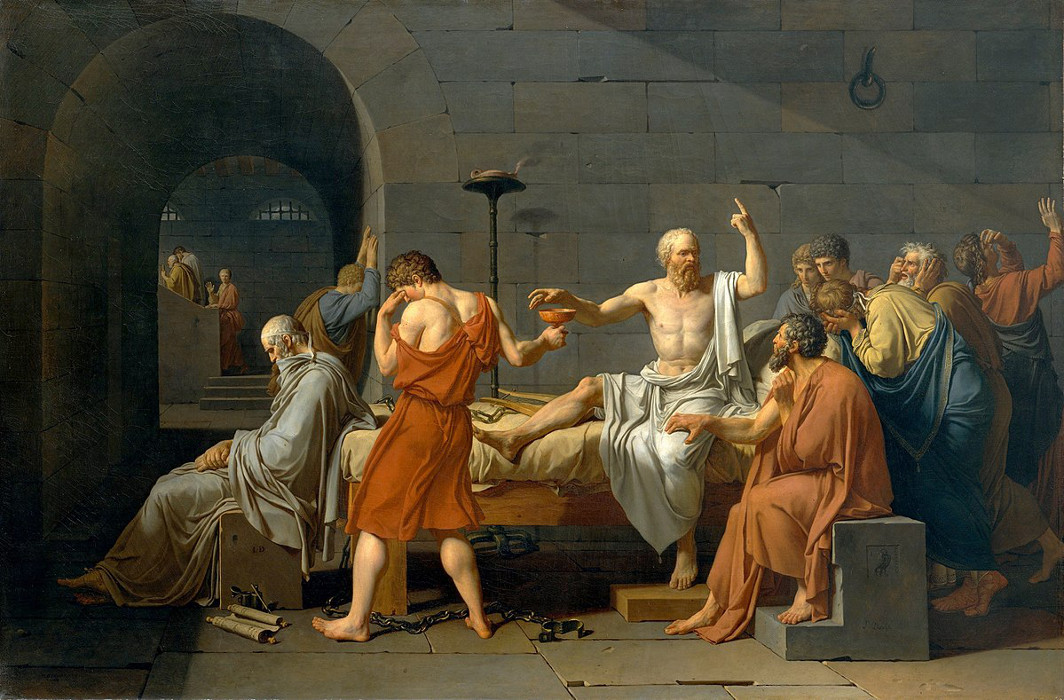
Fast forward to the 21st Century. Why should we care what happened in the distant past in a society radically different from ours?
The Athenian coups serve as history’s first confirmation of the old saying that free speech is the first victim of tyranny. Or in the much later words of Benjamin Franklin: “Whoever would overthrow the Liberty of a Nation, must begin by subduing the Freeness of Speech”. Because that’s just what happened. It was under democracy that equal and uninhibited speech flourished in Athens. As soon as democracy was subverted so too was free and equal speech. In fact, it was by subduing free speech that both the Four Hundred and the Thirty Tyrants took over power and sought to keep it.
The coups also show how free speech is the antithesis of violence. When everyone accepts that communal decision-making is taken by democratic means after public debate differences can be settled peacefully. But when large or powerful segments of society abandon this principle violence is never far away.
But the Athenian democracy’s conviction of Socrates also shows the dangers of overreacting to threats against democracy. Laws against fake news, populism and hate speech are being adopted in defense of democracy. But their effects may well be much more corrosive than the ills they are designed to target.
For people living in consolidated democracies, the idea that free speech might be replaced with censorship or violence seems fanciful. But it is worth remembering that some 2500 years separate us from the Athenian democracy. In that period the ability for human beings to speak their mind without fear or repression has very much been the exception, not the rule. Unless we rediscover why free speech really matters, the rule may be back with a vengeance.




